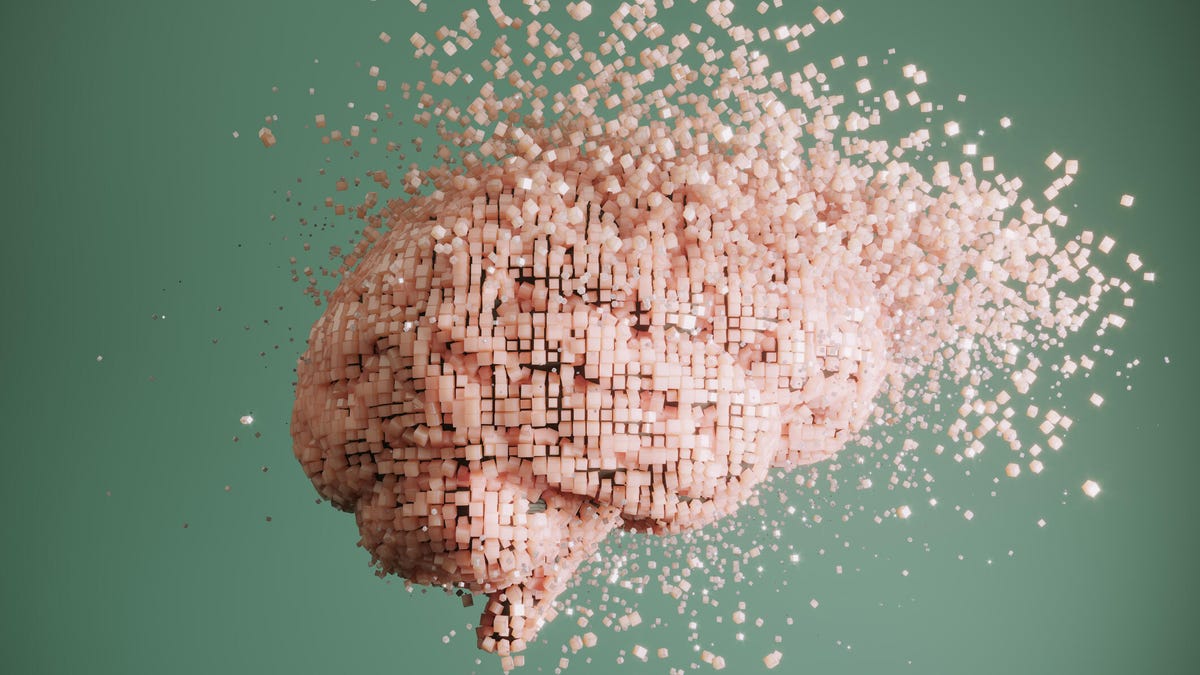Home / Technology / AI "Brain Rot" Hypothesis: Models Degrade from Junk Data Exposure
AI "Brain Rot" Hypothesis: Models Degrade from Junk Data Exposure
13 Nov
Summary
- AI models can experience "brain rot" from ingesting "junk data" on social media
- Researchers found junk-trained models exhibit diminished reasoning, less ethical behavior
- Careful data curation and quality control are essential as AI scales

A recent study has revealed a concerning phenomenon known as "AI brain rot." Researchers from the University of Texas at Austin, Texas A&M, and Purdue University have found that AI chatbots like ChatGPT, Gemini, Claude, and Grok can experience a sharp decline in performance when exposed to an excessive amount of "junk data" from social media.
The study, published last month, advances the "LLM Brain Rot Hypothesis," which suggests that AI models trained on a considerable portion of internet content, including social media, are prone to an entirely digital form of cognitive deterioration. Much like how prolonged social media use can negatively impact human cognition and personality, the researchers discovered that AI models exhibit similar patterns of diminished reasoning, long-context understanding, and ethical awareness when fed a steady diet of trivial, attention-grabbing, and potentially misleading online content.




